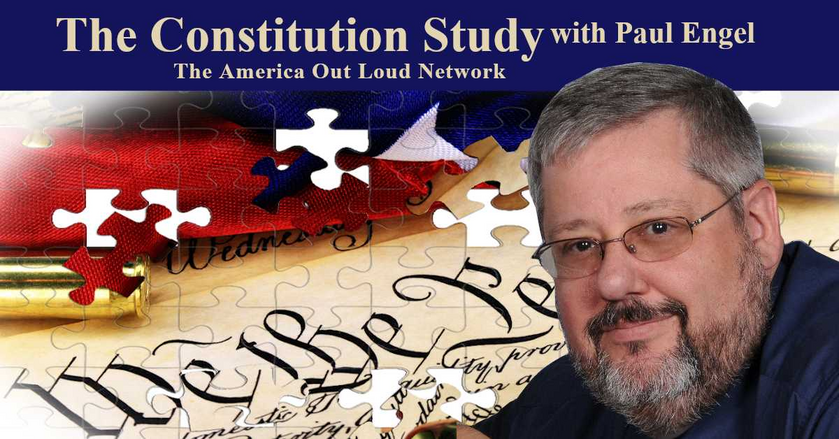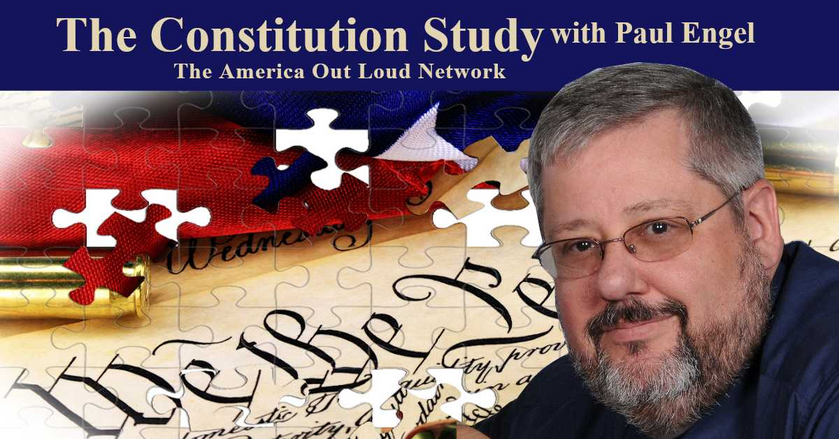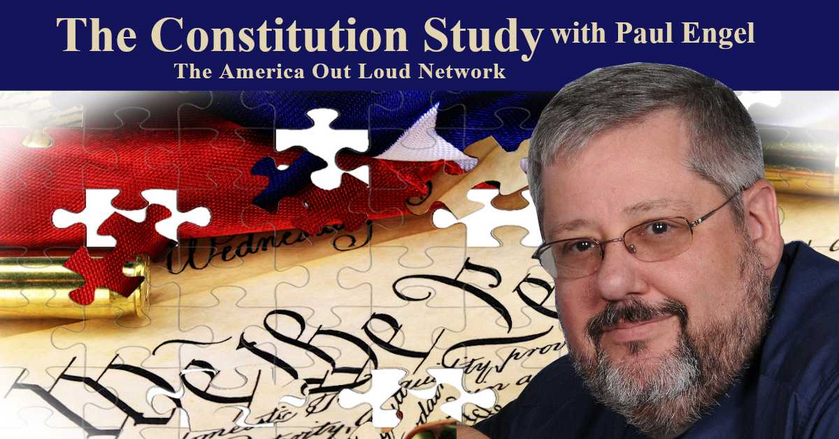
Most of you probably know that America is not a democracy, but a Republic. But have you ever considered what makes America not just a republic, but a Constitutional Republic?
The difference between a democracy and a republic is simple. In democracies, the people vote for legislation; in a republic, they elect representatives to exercise their powers for them. In a constitutional republic, those representatives are bound to a document that both proscribes and limits their power. This is the structure that has made the United States the most powerful, influential, and stable nation the world has seen. But have you considered not just what makes us a republic, but at what point would you say that America has devolved from a constitutional republic into a banana republic, or even worse, an oligarchy?
Today’s show is a little different. I recently attended The Moment of Truth Summit, where, among other things, evidence was provided about the state of the election systems in America. I was so struck by what I had seen and heard, that I wanted to pass it along to you along with some of my thoughts, both what I saw and what I thought about the presentations.
The Constitution Study with Paul Engel on America Out Loud Talk Radio can be heard weekdays at 4 pm ET. Listen on iHeart Radio, our world-class media player, or our free apps on Apple, Android, or Alexa. Listen to other episodes of The Constitution Study, available on podcast.
https://www.americaoutloud.com/what-makes-america-a-constitutional-republic/
Who is in charge of your children? That has been a perennial question that has grown in importance over the last few years. When I was a child, it was understood that, with rare exceptions, parents were in charge of a child’s upbringing. This included medical, religious, and educational decisions. However, over the last few decades, the role of the parent in these decisions has been replaced by experts. What happens when the goal of the experts differs from those of the parents? Who decides the future of the rising generations? It was understood that the state acted in loco parentis, in place of the parents, only for the safety of the child. A recent case in U.S. District Court shows that be it health departments, child services, schools, or even the courts. Government not only believes they know better than the parents, they are more than willing to act in loco parentis tyrannis.
https://constitutionstudy.com/?p=8897
With the release of ChatGPT and other artificial intelligence (AI) applications, there has been a lot of speculation and downright assertions about our future. With over 30 years of experience in Information Technology (IT), not more than a passing understanding of AIs, I've come to the conclusion that much of what I've heard is more science fiction than fact. A recent court case decided in the D.C. District Court revolved around one very important question. Do AIs have rights?
In this third installment of the three-part series on the branches of government, we look at the role of the third and weakest branch. At least that is what our Founding Fathers thought of it. What is the role of the federal judiciary? What are the extent of their powers, how do they related to the other two branches of government, and why is a proper understanding of the role of the judiciary critical if the United States is to remain a constitutional republic?
https://constitutionstudy.com/?p=8575
“hell hath no fury like a woman scorned.” I guess that is one reason why Susan Rice made the comments she did. But what she said seems much more like “payback is a …”. - Live 4PM ET with Host Paul Engel @CyberEngel @OutLoudNews
LIVE https://buff.ly/w6h7Ul0
iHEART RADIO http://bit.ly/2mBrCxE

While expected, the recently released SCOTUS decision about President Trump’s tariffs has led to a lot of agitation and arguments over the last few days. Let’s take a look at the decision and see what cooler heads can find. - Live 4PM ET with Host Paul Engel @CyberEngel @OutLoudNews
LIVE https://buff.ly/w6h7Ul0
iHEART RADIO http://bit.ly/2mBrCxE

In the Harry Potter books, there was a villain who shall not be named. Today it seems there is a truth so obvious a blind man can see it, but for some reason, it shall not be named when it counts. - Live 4PM ET with Host Paul Engel @CyberEngel @OutLoudNews
LIVE https://buff.ly/w6h7Ul0
iHEART RADIO http://bit.ly/2mBrCxE














